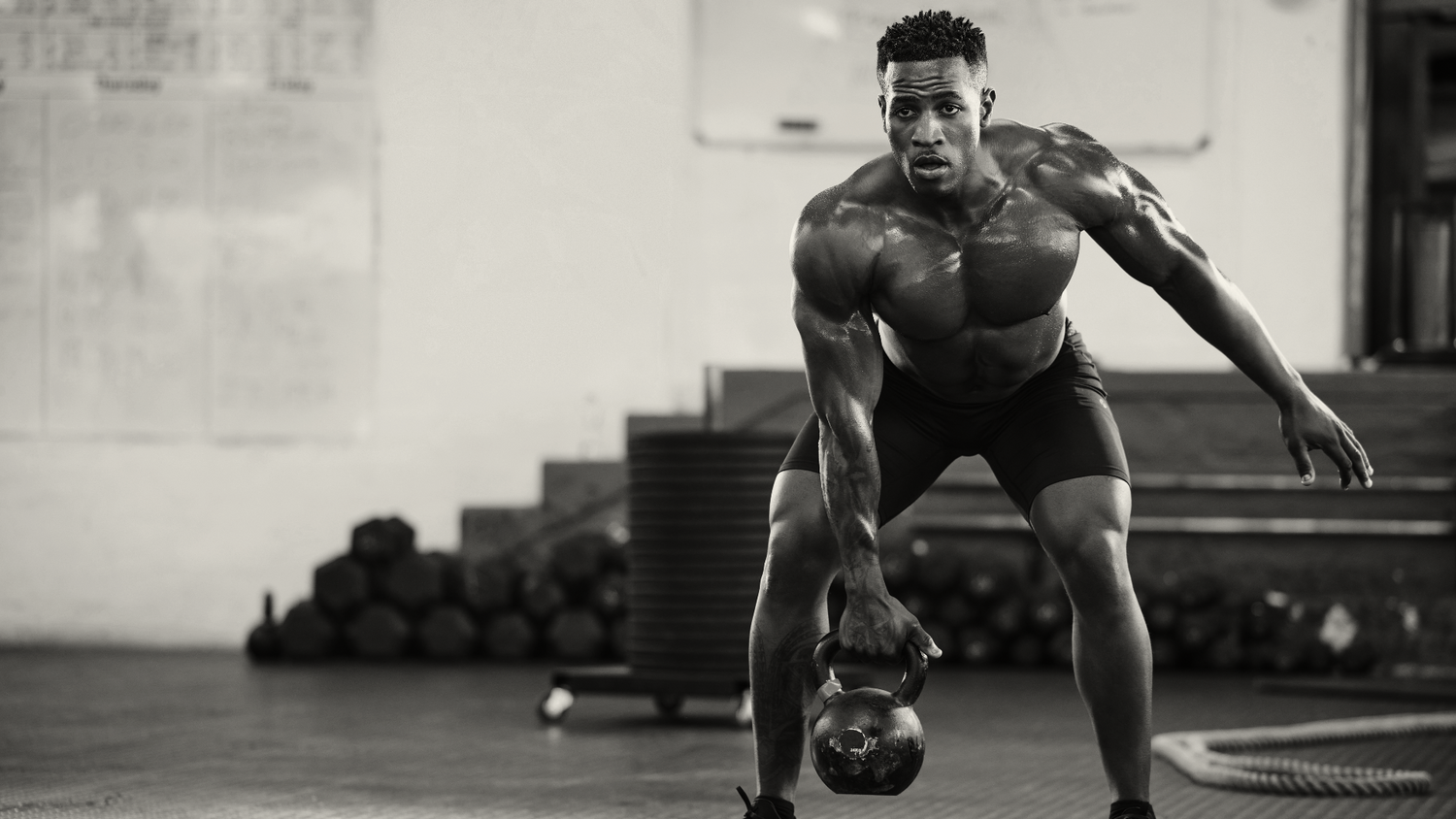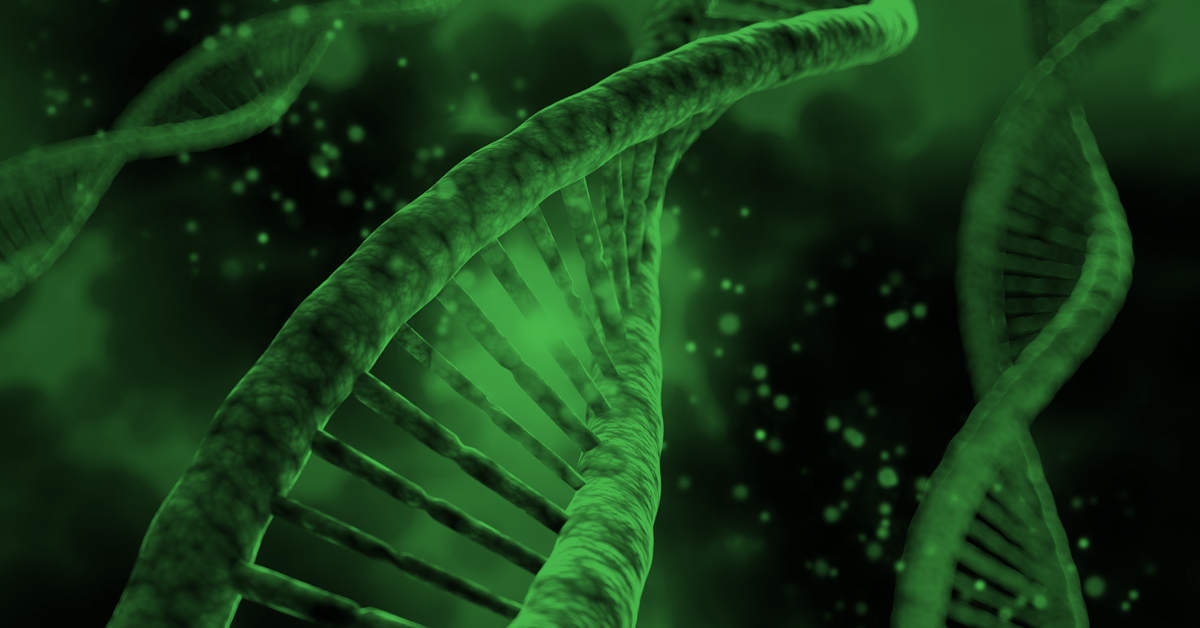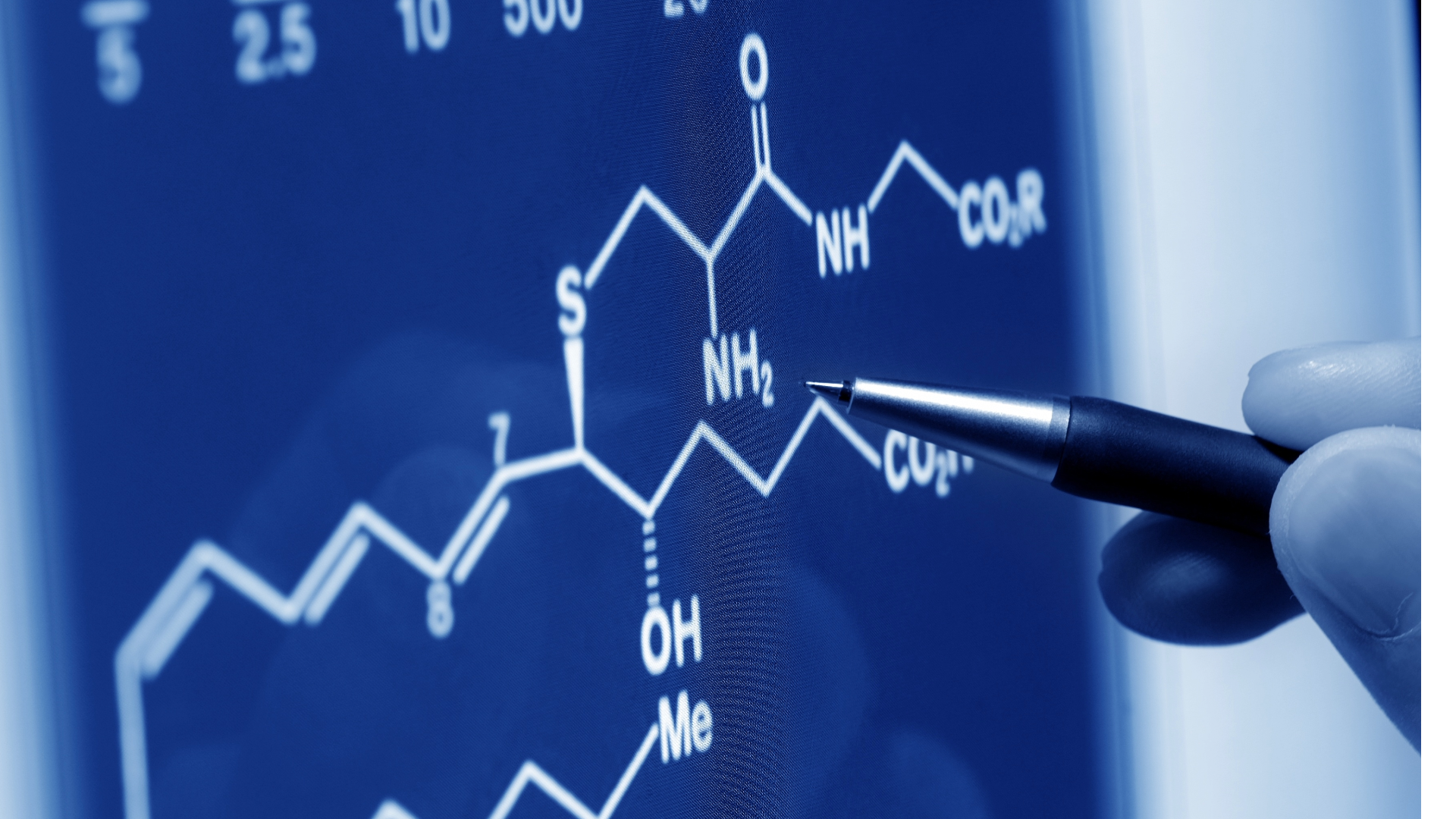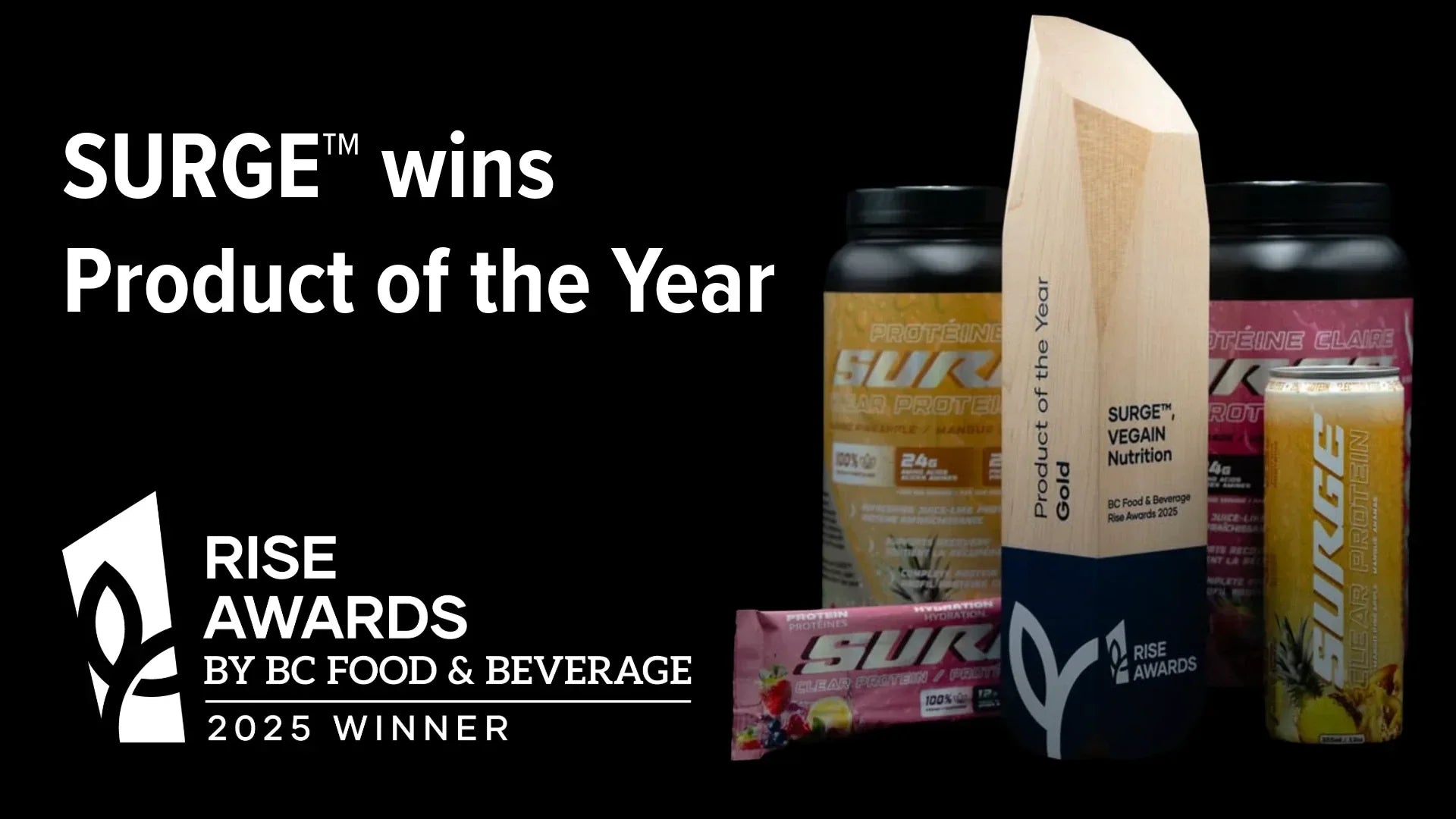Physical fitness isn't just a trend; it's a lifestyle choice that many are opting for. Building and maintaining muscle mass is often at the core of this choice. While diet plays a pivotal role, there's a misconception that plant-based diets can't provide all the nutrients needed for muscle growth. Let’s dissect this myth by understanding the role of protein, carbohydrates, and calories in muscle development, focusing on plant-based nutrition.
Protein: Not Just a Meat Thing
What It Does
Protein serves as the primary building block for muscle tissues. During exercise, muscle fibers experience microscopic tears. The body uses amino acids, derived from protein, to repair and grow these muscles, a process scientifically known as muscle protein synthesis1.
The Plant-Based Angle
Contrary to popular belief, you can obtain all the essential amino acids—the building blocks of protein—from plant-based foods like lentils, quinoa, and tofu2. A study has shown that the muscle mass and strength gained from a plant-based protein diet are similar to those gained from animal protein when total protein consumption is the same3.
Carbohydrates: Your Muscle’s Fuel
What It Does
Carbohydrates primarily function as an energy source, broken down into glucose. During intense workouts, glucose provides the energy to power through, and is stored as glycogen in muscles4.
The Plant-Based Angle
Whole grains, fruits, vegetables, and legumes are plant-based sources rich in complex carbohydrates. These foods offer a slow-release of energy, preventing energy crashes and promoting endurance4.
Calories: The Energy Metric
What It Does
To build muscle mass, you must consume more calories than you burn—a state known as caloric surplus5. The excess calories provide the energy required for synthesizing new muscle tissue6.
The Plant-Based Angle
Plant-based diets can be calorie-dense if you choose the right foods. Avocados, nuts, seeds, and whole grains are excellent sources that are also rich in other essential nutrients6.
The Interplay: How They Work Together
Muscle growth isn't about isolating nutrients but about their synergistic effects. Carbohydrates fuel your workouts but also help in protein synthesis by providing energy for the process7. Protein helps repair and build muscle, especially when consumed post-workout. Calories offer the surplus energy needed for muscle building6.
Debunking Myths: The Vegan Diet
While it’s a common belief that plant-based diets lack the necessary nutrients for muscle growth, studies have debunked this myth. For example, a 2017 study illustrated that athletes on plant-based diets had no disadvantage in terms of performance and muscle growth2. Another study showed that a vegan diet provides all essential nutrients when well-balanced8.
Conclusion
Plant-based or not, the key to muscle growth lies in the right balance of protein, carbohydrates, and calories. A well-planned plant-based diet can offer all the macronutrients required for muscle growth and overall wellness. Choose nutrient-dense foods, hydrate well, and monitor your macronutrients to unlock your muscle growth potential.
References
-
Hoffman JR, Falvo MJ. Protein – Which is Best?. Journal of Sports Science & Medicine. 2004;3(3):118-130.
-
Rogerson D. Vegan diets: practical advice for athletes and exercisers. Journal of the International Society of Sports Nutrition. 2017;14:36.
-
Lynch H, Johnston C, Wharton C. Plant-Based Diets: Considerations for Environmental Impact, Protein Quality, and Exercise Performance. Nutrients. 2018;10(12):1841.
-
Jeukendrup AE. Carbohydrate intake during exercise and performance. Nutrition. 2004;20(7-8):669-677.
-
Slater G, Dieter BP, Marsh DJ, et al. Is an Energy Surplus Required to Maximize Skeletal Muscle Hypertrophy Associated With Resistance Training. Front Nutr. 2019;6:131.
-
Helms ER, Aragon AA, Fitschen PJ. Evidence-based recommendations for natural bodybuilding contest preparation: nutrition and supplementation. J Int Soc Sports Nutr. 2014;11:20.
-
Burke LM, Hawley JA, Wong SH, Jeukendrup AE. Carbohydrates for training and competition. Journal of Sports Sciences. 2011;29 Suppl 1:S17-S27.
-
Clarys P, Deliens T, Huybrechts I, Deriemaeker P, Vanaelst B, De Keyzer W, Hebbelinck M, Mullie P. Comparison of nutritional quality of the vegan, vegetarian, semi-vegetarian, pesco-vegetarian and omnivorous diet. Nutrients. 2014;6(3):1318-1332.







Leave a comment
This site is protected by hCaptcha and the hCaptcha Privacy Policy and Terms of Service apply.